Tank vs Tankless Water Heaters: Which is the Right Choice for Your Maumelle Home?
When selecting a water heater for your Maumelle residence, you have the option of a tank or a tankless model. We will provide an overview of both types, including cost-effectiveness, maintenance, installation, and lifespan. Armed with this information, you can make an informed choice. If you require further assistance, please don't hesitate to ask!

How Does a Storage Tank Water Heater Work?
Storage tank water heaters are commonly used in homes and businesses. They store water in a tank and heat it for use as needed. The water can be drawn through faucets or other outlets. The tank is insulated to prevent heat loss and keep the water at the desired temperature. Although tankless water heaters have become popular, storage tank water heaters are still a dependable and affordable choice for many.

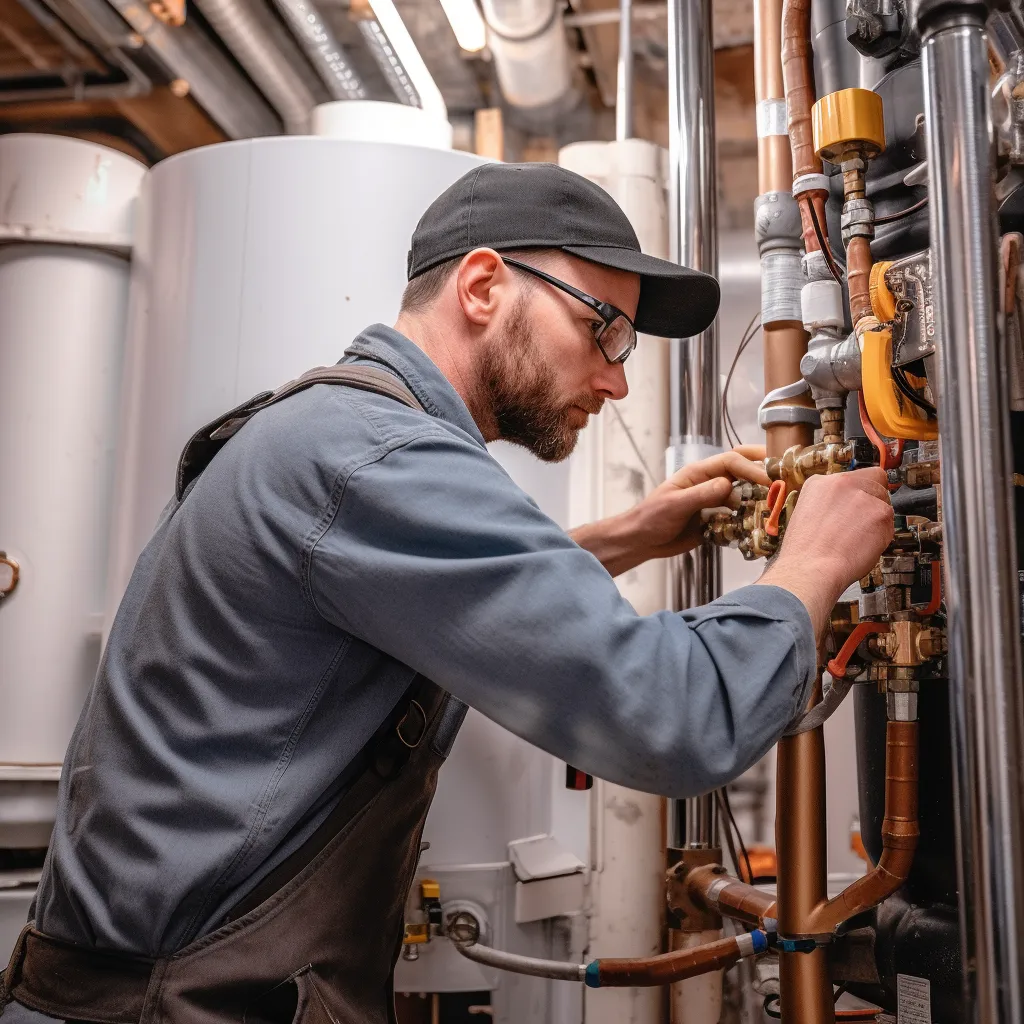
Benefits of Tank Water Heaters
There are several advantages to choosing a tank water heater.
These water heaters can come with a hefty price tag when it comes to upfront costs and installation expenses.
With a larger storage capacity, homeowners can enjoy a dependable and uninterrupted supply of hot water.
Our water heaters are designed to minimize the occurrence of malfunctions, ensuring a higher level of reliability compared to tankless models.
Reduced maintenance costs can lead to long-term savings on repair bills.

Drawbacks of Tank Water Heaters
There are a few drawbacks associated with tank water heaters:
Tank water heaters typically take up more room than tankless heaters.
Older models of tank water heaters tend to be less efficient when it comes to energy usage.
Tank water heaters typically have a limited lifespan of around 8 to 12 years. On the other hand, tankless water heaters are known for their durability and can last up to 20 years.
Once the hot water in the tank is used up, it takes a considerable amount of time to reheat.

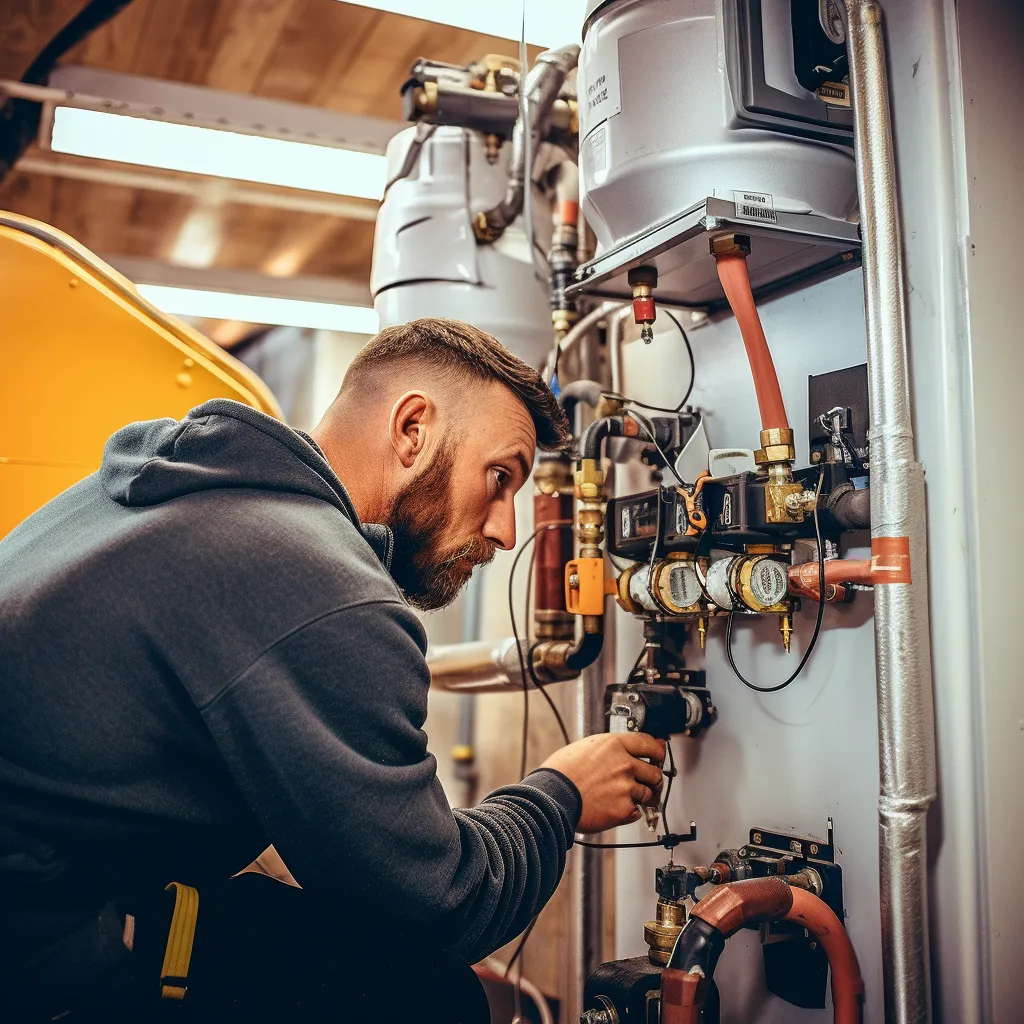
How do Tankless Water Heaters Work?
Tankless water heaters are a great option if you need hot water right away. Unlike regular water heaters, they don't store hot water in a tank. Instead, they heat the water as it flows through the unit. So, when you turn on the hot water faucet, cold water enters the unit and gets heated up rapidly by a heat exchanger. This means you get hot water instantly, without any waiting time.
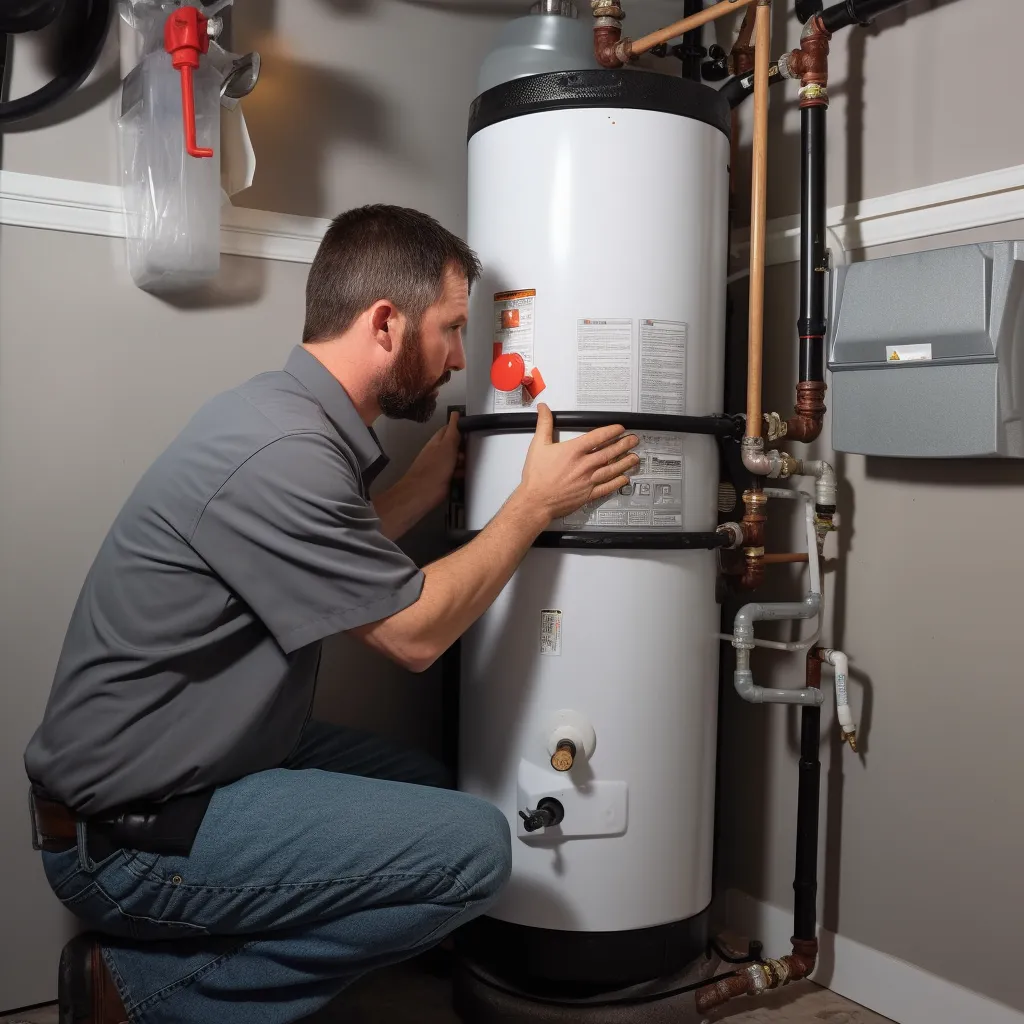
Benefits of a Tankless Water Heater
Tankless water heaters are becoming increasingly popular among homeowners across the country because of the many advantages they offer.
Energy-efficient water heaters are a great investment for homeowners looking to save on their utility bills and reduce their overall energy consumption.
With the advanced technology of tankless water heaters, hot water is readily available whenever you need it.
These water heaters take up less space compared to traditional tank water heaters.
Tankless water heaters have a longer lifespan compared to traditional tank models. On average, they can last for 15-20 years, providing you with years of reliable hot water supply.
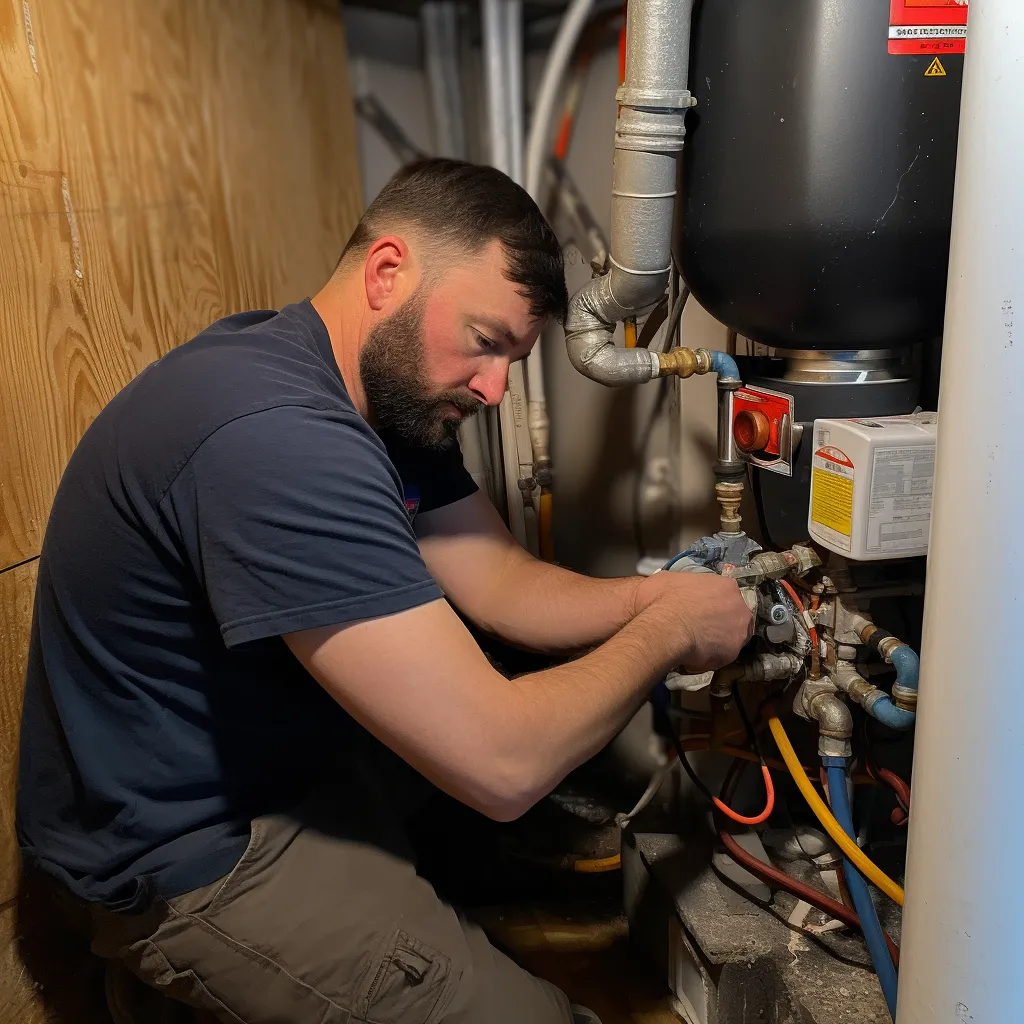
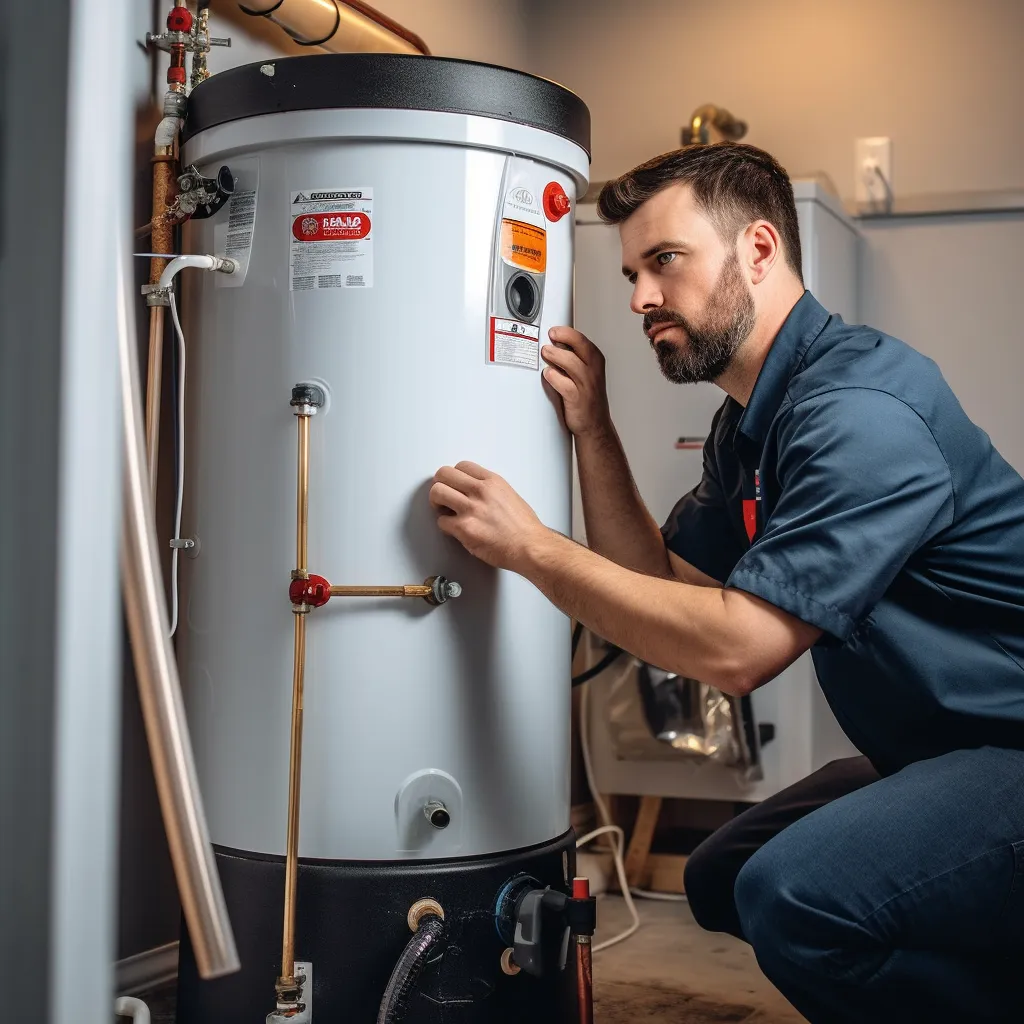
Drawbacks of Tankless Water Heaters
Tankless water heaters do have a few disadvantages:
Tankless water heaters typically have a slightly higher initial cost when compared to traditional tank water heaters.
One possible drawback of water heaters is that they may have limitations on the flow rate, especially when multiple hot water outlets are used at the same time.
Water heaters require specialized installation and regular maintenance. It is important to follow proper installation procedures to ensure the safety and efficiency of your water heater.
You might experience the "cold water sandwich effect," which is a short burst of cold water that occurs between periods of using hot water.
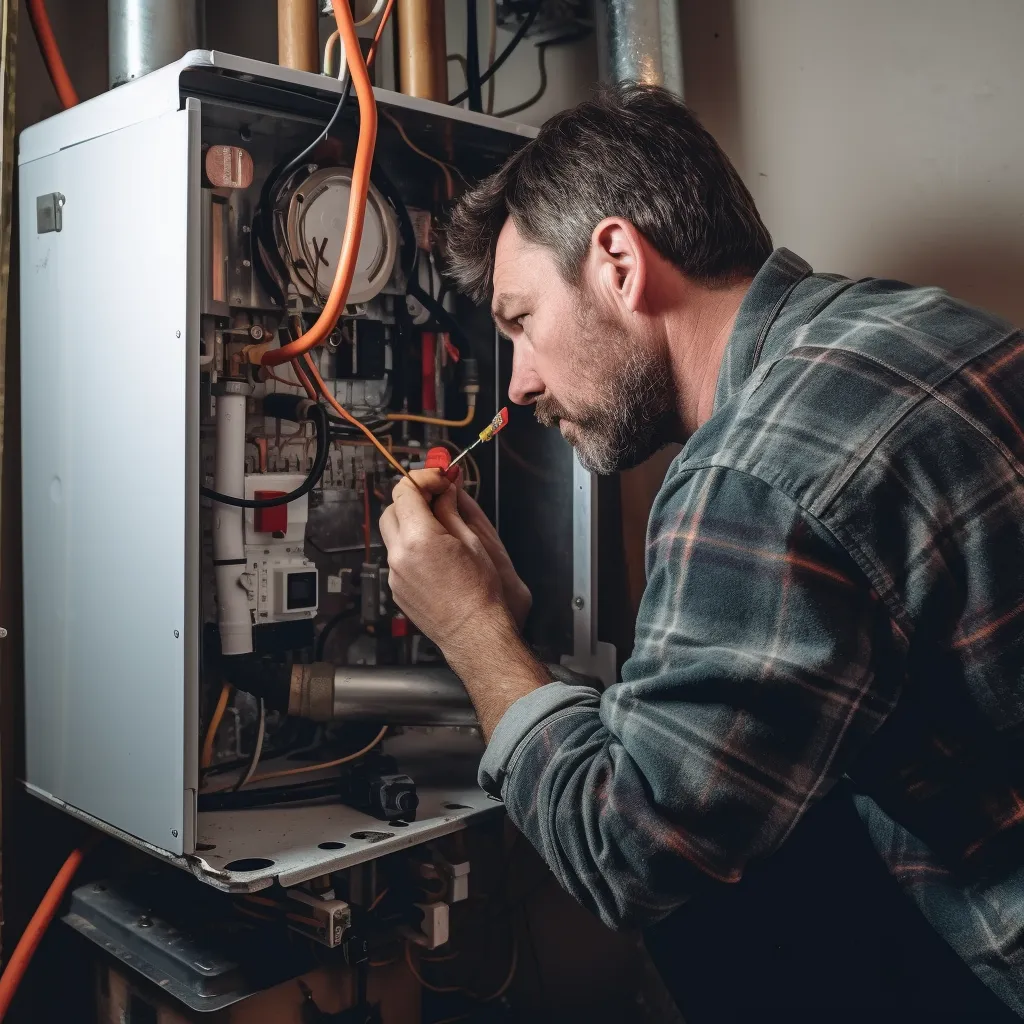
Are Water Heaters with a Storage Tank Energy Efficient?
Traditional water heaters with storage tanks are notorious for their high energy consumption. These water heaters constantly heat water, even when it is not being used, resulting in wasted energy and higher utility bills. However, newer tank models have made significant advancements in insulation and heating technology, leading to improved energy efficiency. These newer models are designed to minimize heat loss and reduce energy usage, ultimately resulting in increased energy savings for homeowners. While these tank water heaters may not be as environmentally friendly as other alternatives, such as tankless water heaters, they continue to be a reliable and practical choice for many households.
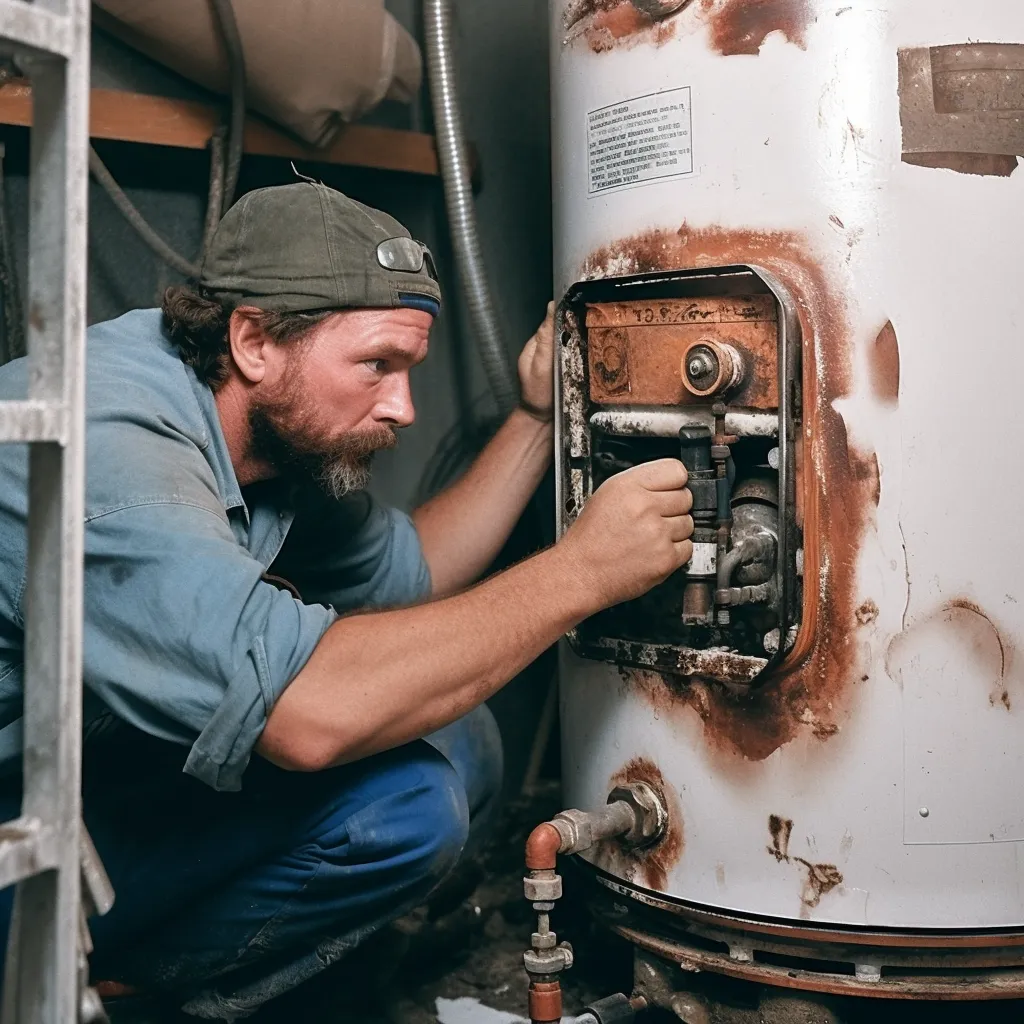
Are Tankless Water Heaters Energy-Efficient?
Tankless water heaters have gained popularity because of their ability to save energy and their affordable price. Compared to traditional tank-based models, they can be up to 34% more efficient as they only heat water when it's needed. This reduces both energy usage and costs, making them a wise choice for homeowners.
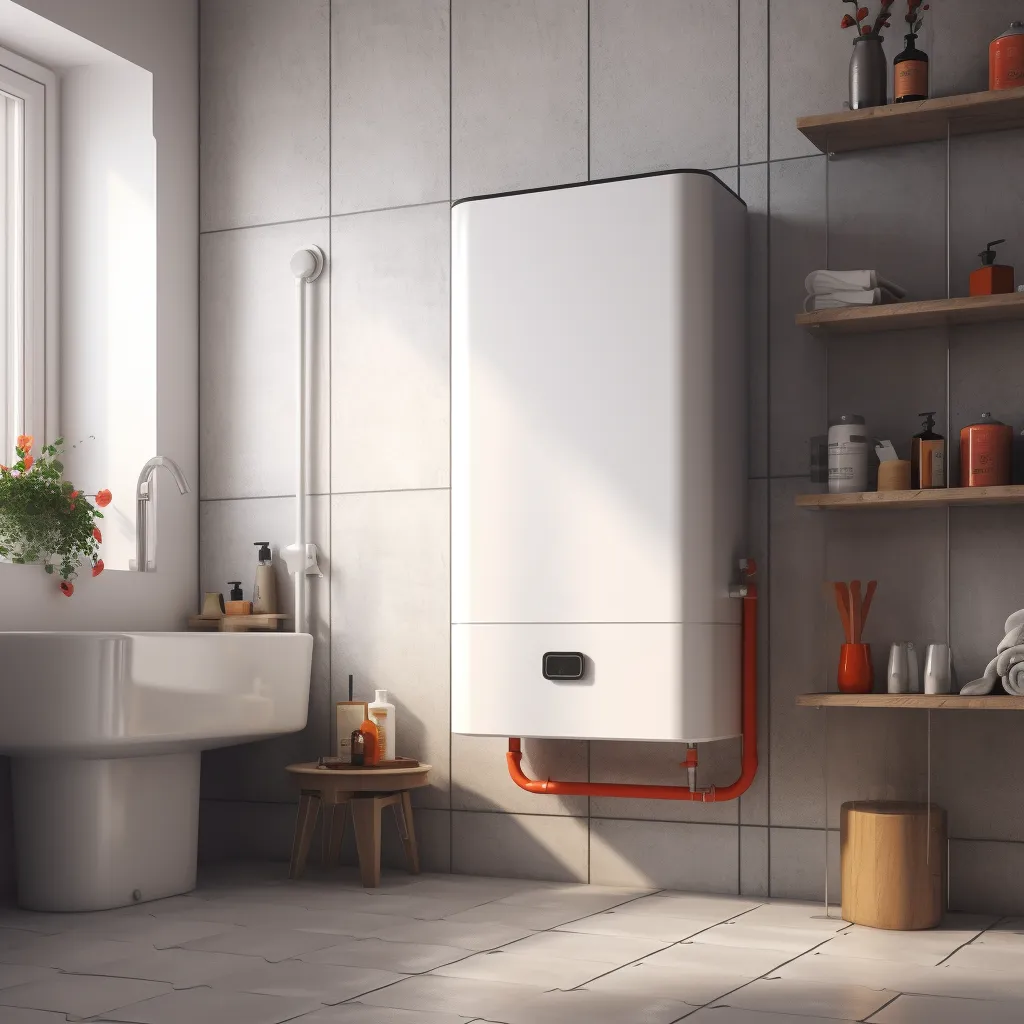
Cost to Buy and Install a Tank Water Heater
The price of tank water heaters can differ depending on their size and type. Typically, they can cost anywhere between $500 to $2,000. Keep in mind that choosing a more advanced model with extra features may raise the overall cost. Installing the water heater can also be quite expensive, with installation costs potentially reaching up to $1,500. This can vary based on local labor rates and the plumbing conditions in your home. It's important to note that a dedicated electrical circuit and a reliable gas line are necessary for proper installation. Finally, selecting the right tank size is crucial to ensure that there is enough hot water for everyone in your household.
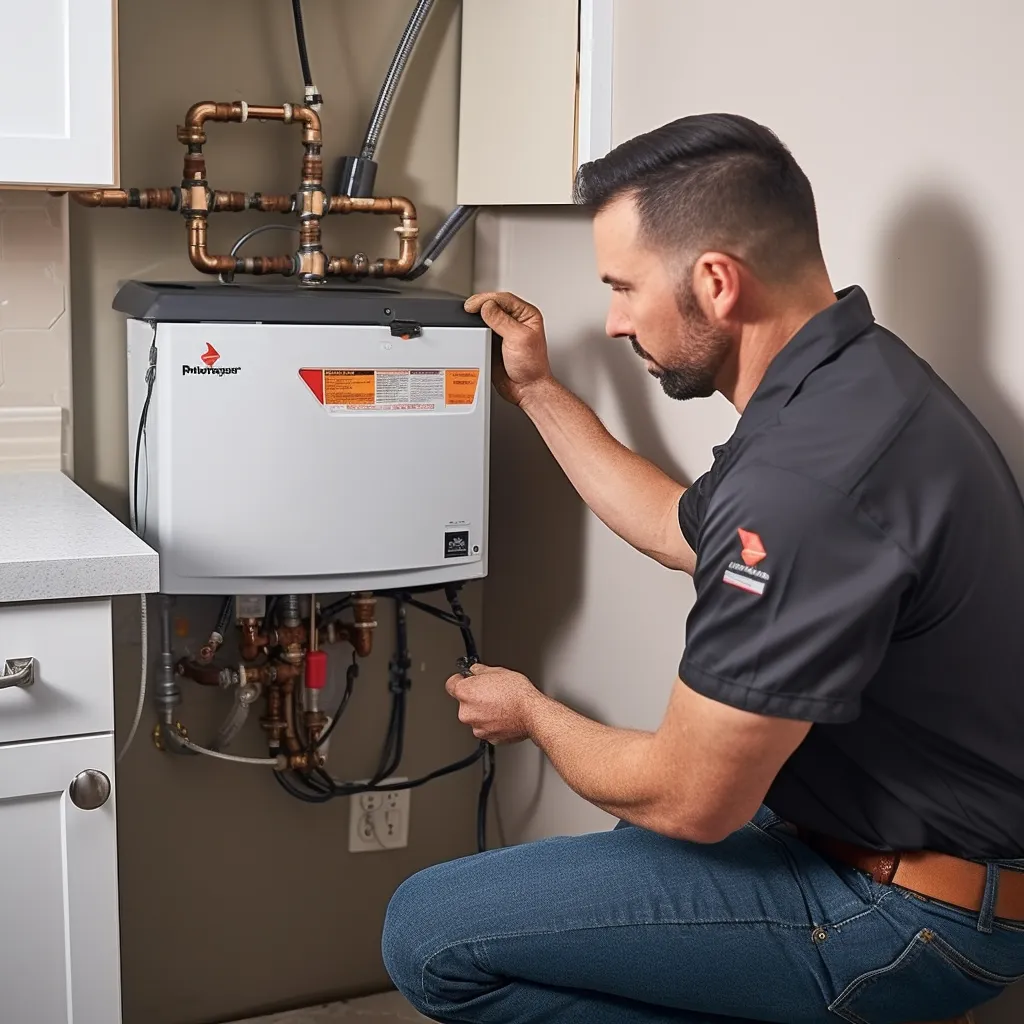
Cost to Buy and Install a Tankless Heater
Tankless water heaters can be more costly compared to traditional models, with prices that can range from $1,000 to upwards of $3,000. The installation expenses may vary between $500 and $2,000, depending on factors like your home's plumbing and the local labor charges. Unlike conventional water heaters, tankless units do not have a storage tank and require a larger gas line and electricity source. You must make sure that your home's infrastructure can handle the increased energy requirements of a tankless system. Moreover, it is essential to select the right unit size based on your household's hot water usage to ensure optimal performance.

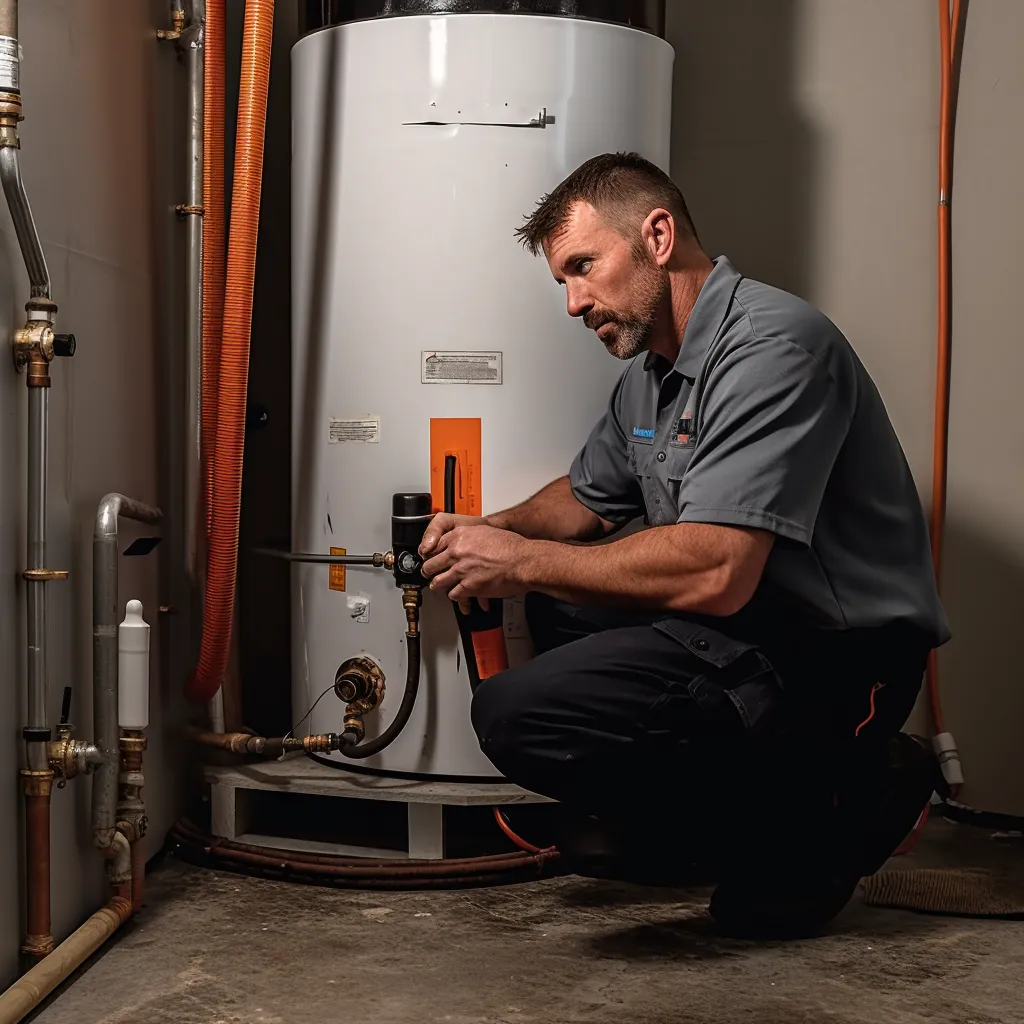
Common Problems with Storage Tank Water Heaters
Storage tank water heaters can present a number of maintenance challenges that homeowners should be aware of. These issues often arise due to the nature of these traditional water heating systems.
Regular inspection of your water heater is crucial in order to prevent potential water damage and expensive repairs.
Corrosion is a common problem that can affect both the tank and components of a water heater.
Sediment buildup is a common issue that can occur in water heater tanks over time.
Proper installation of tank water heaters is essential to avoid potential safety risks.
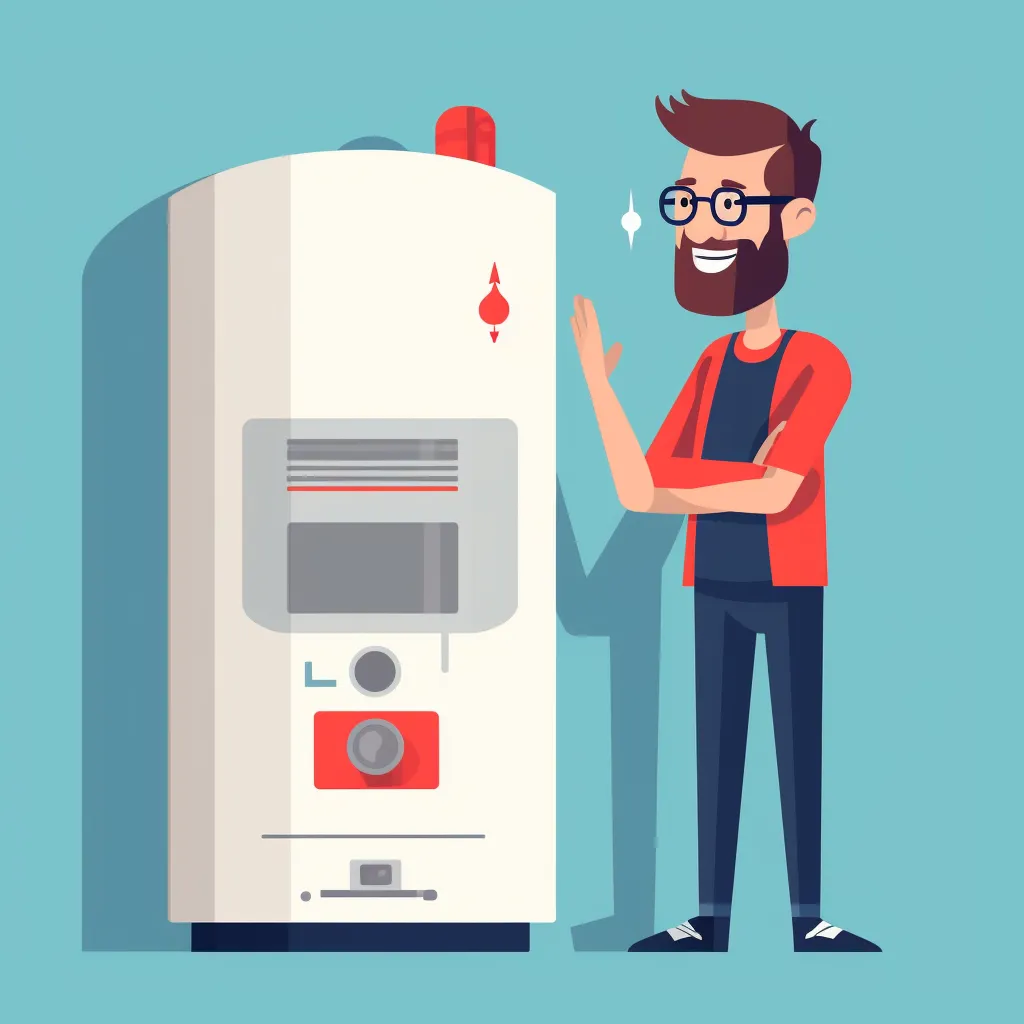
Common Maintenance Issues for Tankless Water Heaters
Just like conventional water heaters, tankless water heaters are subject to maintenance issues.
Tankless water heaters, similar to their tank-based counterparts, can encounter sediment accumulation over time.
Hard water can be a problem for water heaters. It can lead to the accumulation of scale, which can negatively affect the heater's performance and lifespan.
Tankless water heaters typically require a higher electrical capacity when compared to traditional heaters.
Tankless water heaters usually need a bigger gas line. It's crucial to make sure that the gas line is installed correctly and doesn't have any leaks.
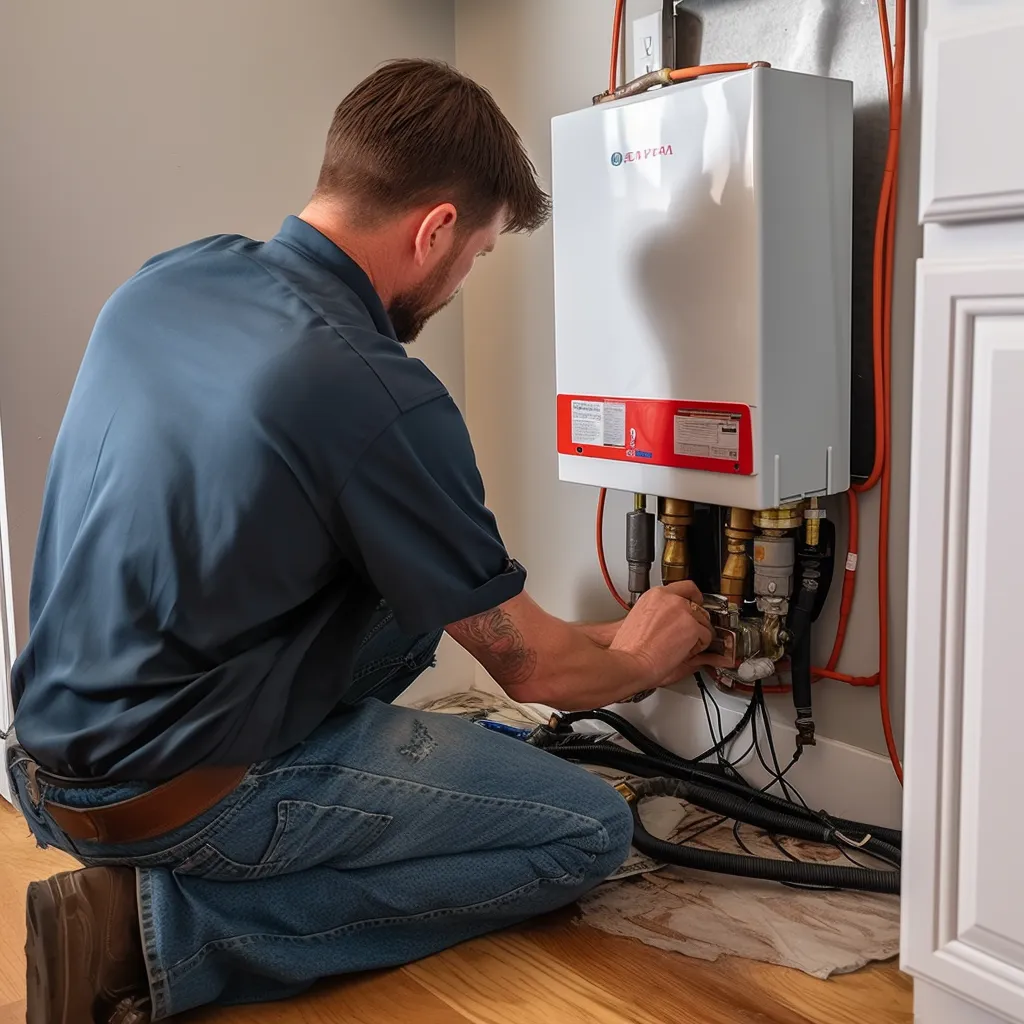
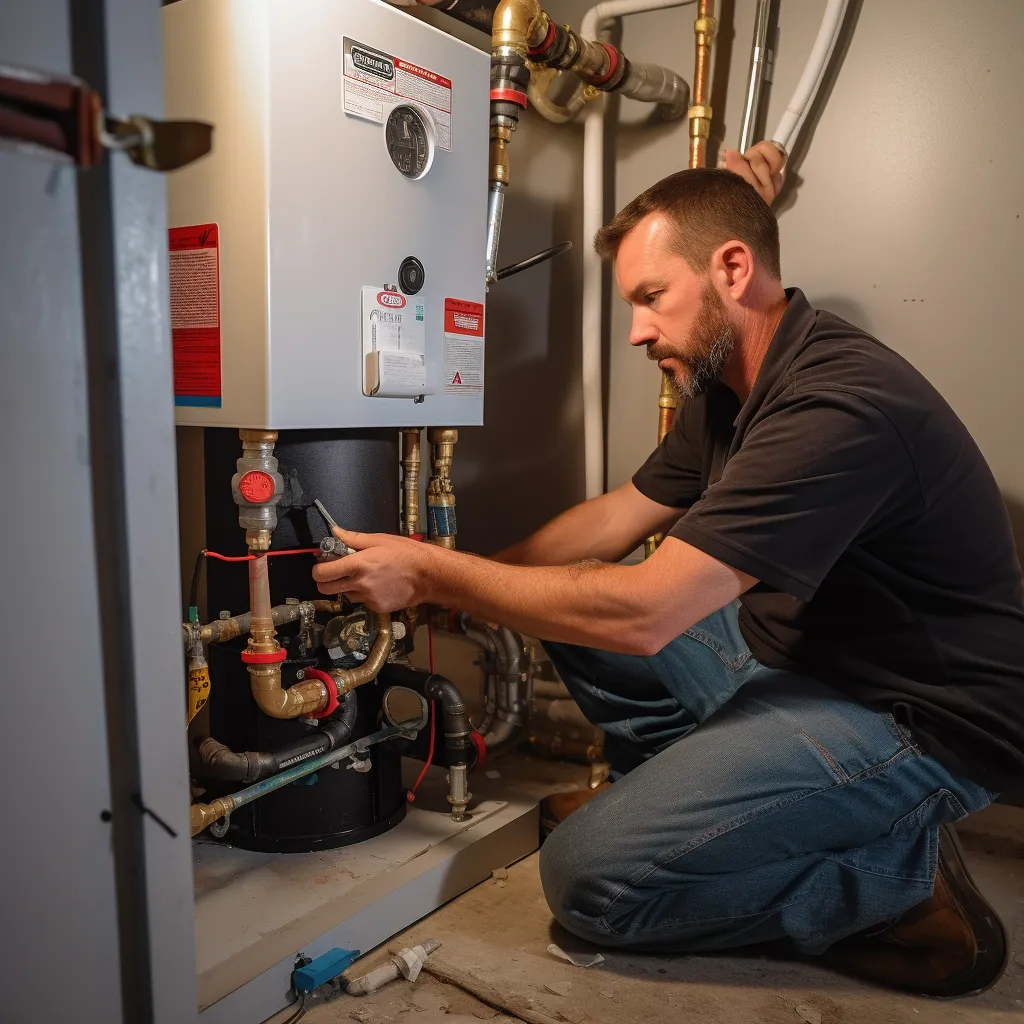
The Lifespan of a Storage Tank Water Heater
Tank water heaters generally have a lifespan of around 8-12 years, although this can vary depending on factors like how often it is used, the quality of the unit, and how well it is maintained. If you start experiencing issues like rust-colored water, leaks, a decrease in temperature, or unusual noises coming from your water heater, these could be signs that it is nearing the end of its life. In this case, it is recommended to get in touch with a professional to have it checked out.
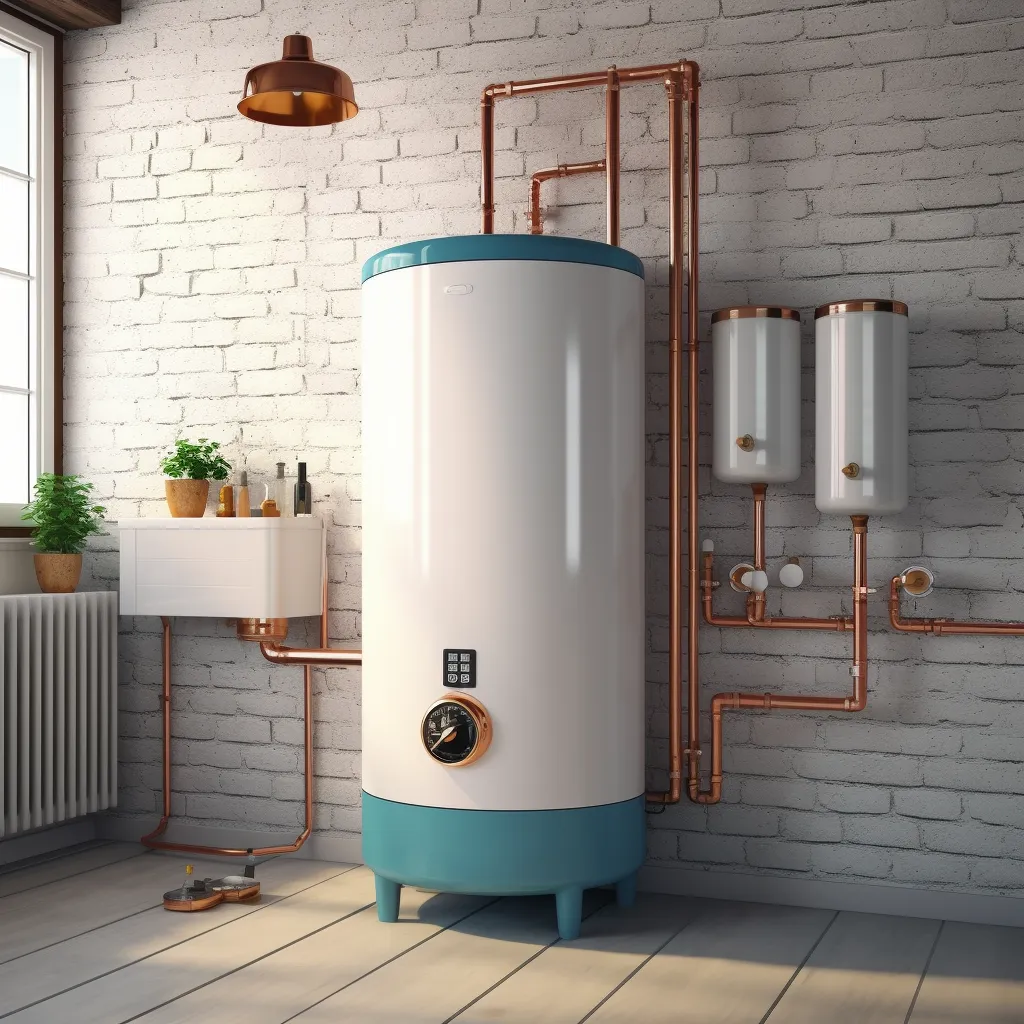
The Lifespan of a Tankless Water Heater
Tankless water heaters have a relatively long lifespan compared to traditional tank-style water heaters. On average, a well-maintained tankless water heater can last up to 20 years or more. However, the actual lifespan may vary depending on factors such as the quality of installation, frequency of use, water quality, and maintenance practices. It is important to follow the manufacturer's guidelines and regularly maintain the unit to ensure its optimal performance and longevity.
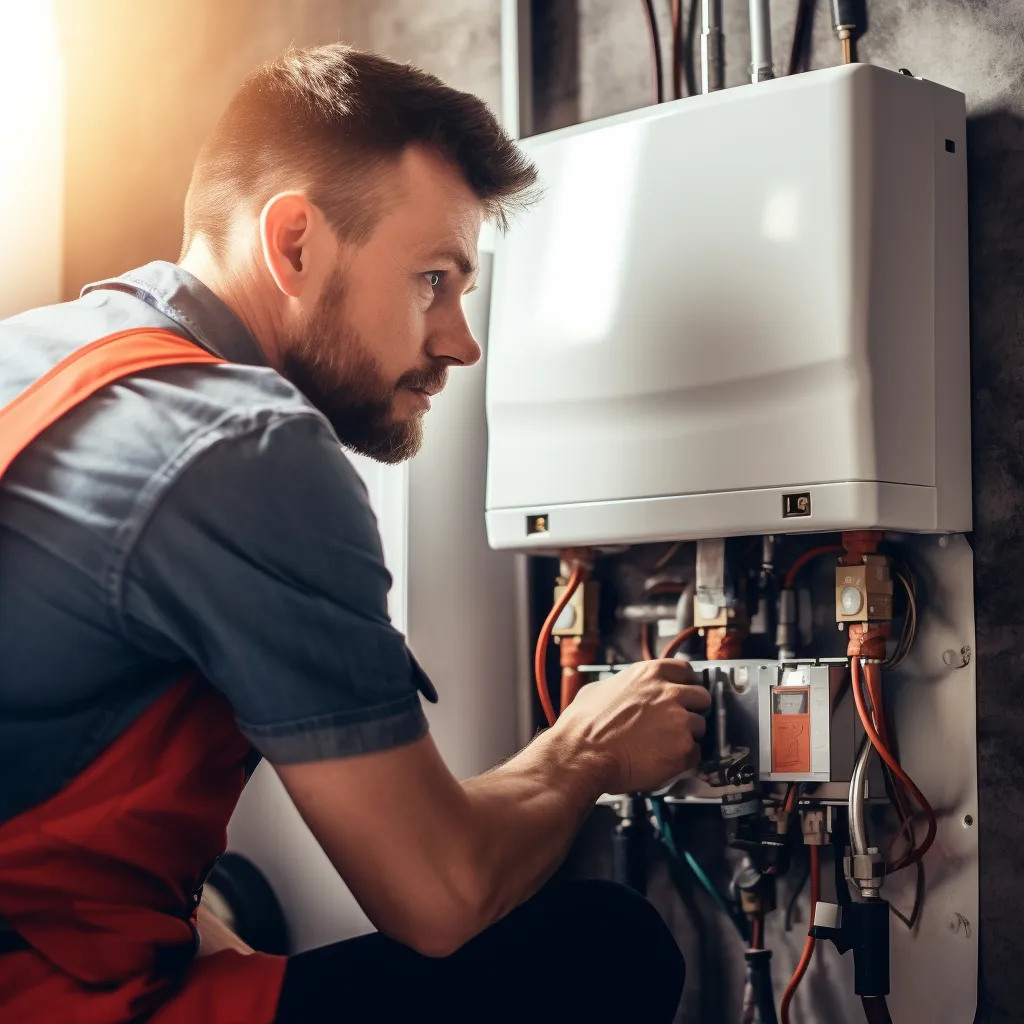
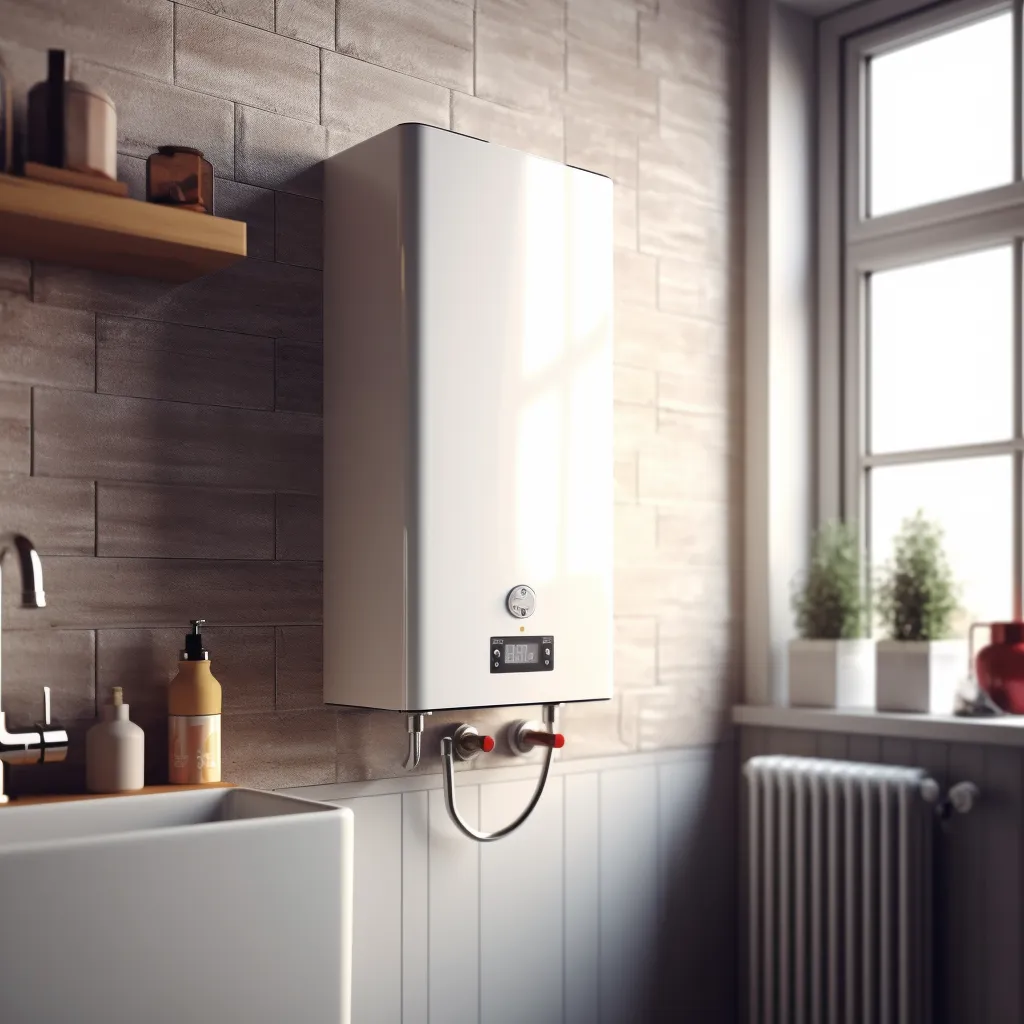
A Cost-Effective Solution for Your Home
Tankless water heaters are a great option for those wanting a more affordable and long-lasting solution. When properly taken care of, these units can last an impressive 15-20 years on average. They are becoming increasingly popular and ongoing technological advancements are expected to improve their performance.
Gas vs Electric: Which One Is The Right Choice?
When selecting a water heater, you should take into account whether you want a gas or electric unit. Gas water heaters can heat water quickly and have lower operating costs. However, they do require maintenance and a gas line. On the other hand, electric water heaters are easier to install but may have higher operating expenses and take longer to heat water. Ultimately, the decision depends on what you need and prefer.
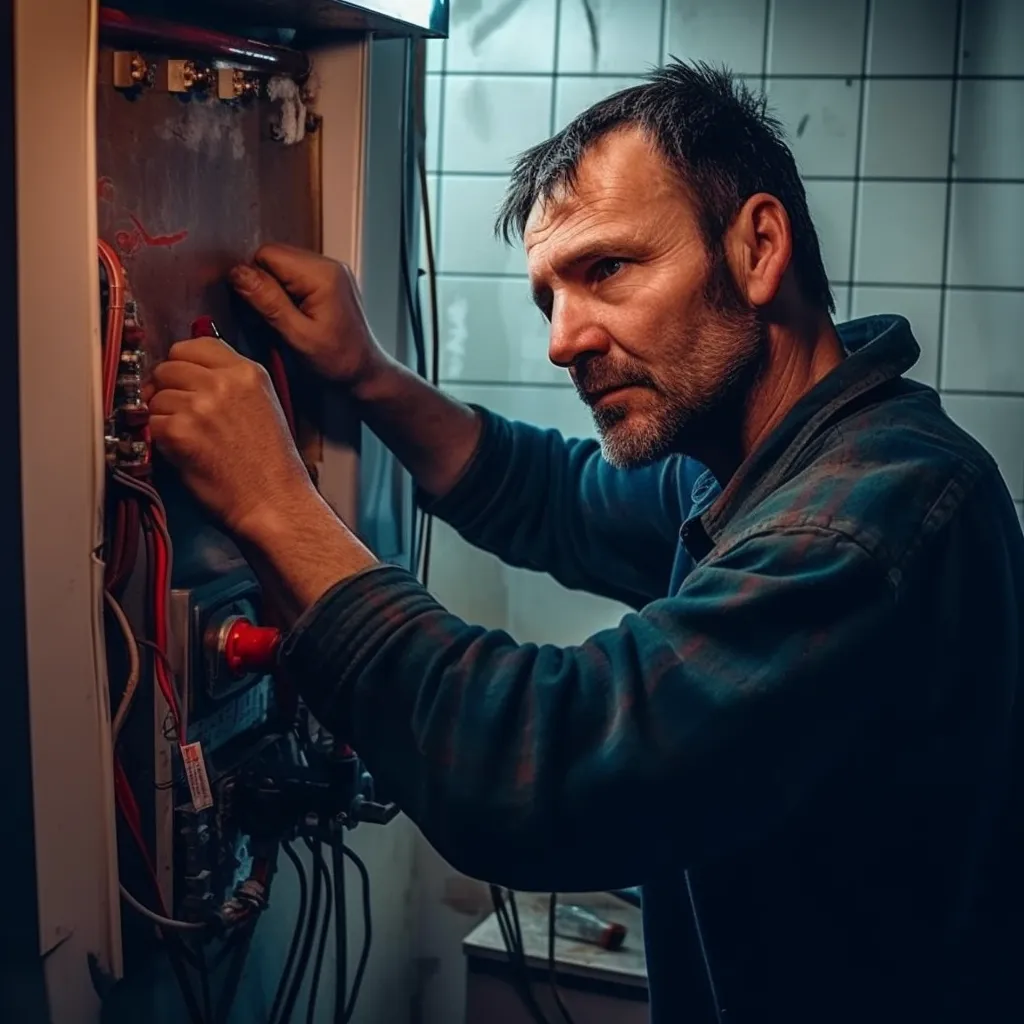
Tankless water heaters generally have a higher initial investment when compared to traditional tank models. It's important to take into account the extra costs that come with installation and ongoing maintenance.
Before choosing a water heater, it is essential to evaluate your hot water usage requirements. If you have a high demand for continuous hot water, then a tankless water heater is the right choice for you. These units are designed to provide hot water on-demand, ensuring that you never run out.
When comparing the energy efficiency ratings of tankless and tank water heaters, it becomes clear that the former often offers better long-term energy savings. Tankless water heaters, also known as on-demand water heaters, only heat water as it is needed, eliminating the need for standby energy consumption.
When deciding on a water heater for your home, it is important to take into account the climate in your area. If you live in an area with extreme temperatures, a tankless water heater may be the best choice for you. Tankless water heaters are designed to handle these extreme temperatures and provide hot water as needed.
Considering the climate in your area will help ensure that you choose the right water heater for your home.
When space is limited, tankless water heaters are a great option. They take up less space than traditional tank models, making them a convenient choice for small areas.

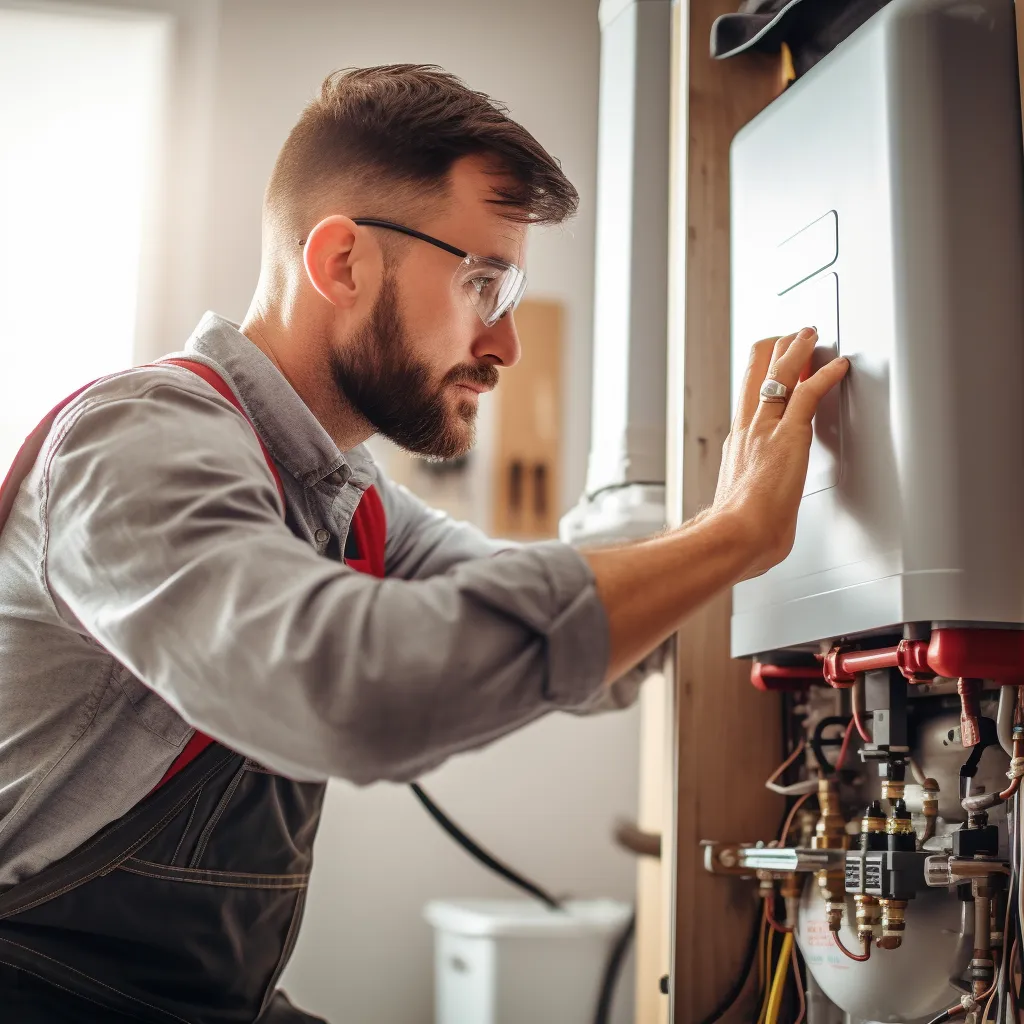
Why Hiring a Licensed Professional is Important
When it comes to installing a new water heater, it's always a good idea to hire a licensed professional. They have the expertise to ensure that your installation is done right and in accordance with building codes. Plus, they can offer valuable advice on the best type and size of water heater for your specific needs. By hiring a professional, you can avoid potential hazards and have the peace of mind knowing that your installation is being handled safely and correctly.

Research Tank vs Tankless Water Heaters to Make the Right Choice
When selecting a water heater for your home, one of the main decisions to make is whether to go with a tank or a tankless model. In order to make a well-informed choice, it's crucial to carefully consider your specific requirements, budget, and installation needs. Take the time to thoroughly research and evaluate these factors before coming to a final decision. Installing a new water heater can have a significant impact on your home, including lowering energy costs and ensuring you have hot water whenever you need it. It's important to look into different types of units, including their energy efficiency ratings, so that you can make an informed choice that suits your needs. Good luck as you navigate through the decision-making process!
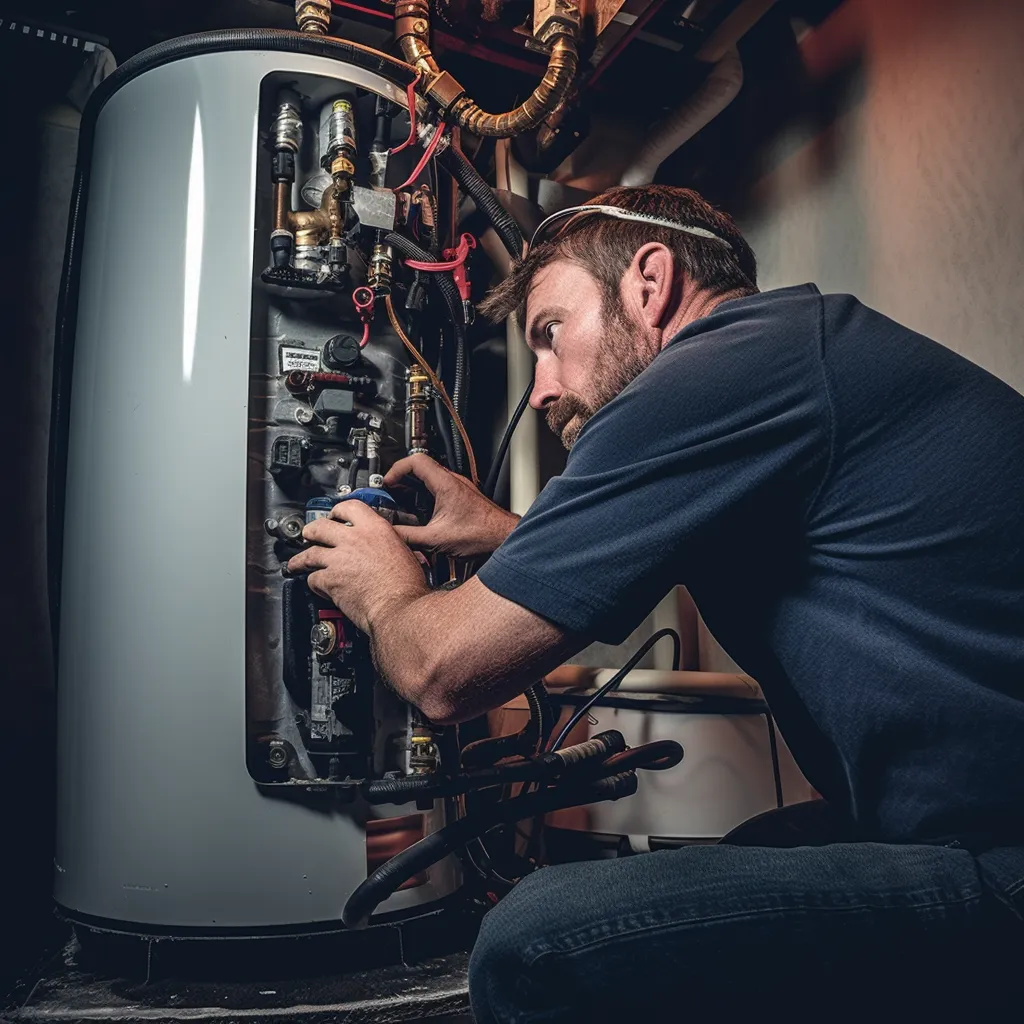
Contact Us
GET IN FULL TOUCH
PHONE: 501-222-9691
EMAIL:
joe@waterheatermaumelle.com
The Rock Plumbing
Maumelle, AR 72113
